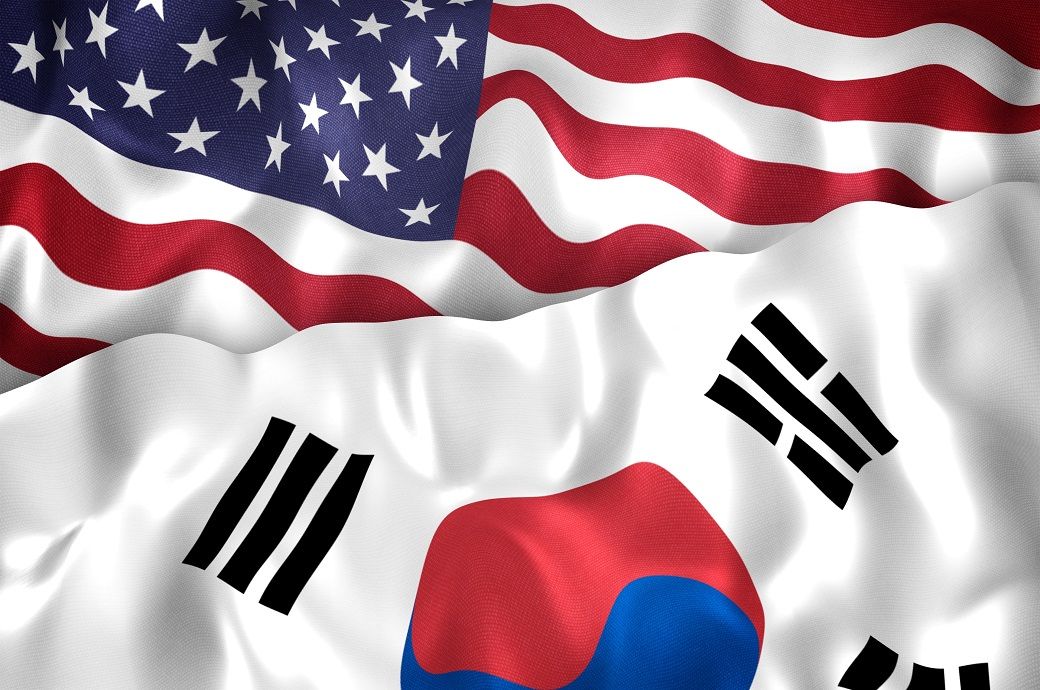The deal reflects a common goal to increase mutually-beneficial trade and investment and will address longstanding barriers that American exporters have faced in the South Korean market, while bolstering US national and economic security, a White House fact sheet said.
The US and South Korea have agreed to the Korea Strategic Trade and Investment Deal, which will address longstanding barriers that US exporters have faced in the South Korean market.
Both sides will jointly address non-tariff barriers affecting trade in food and agricultural products, and ensure that US companies are not discriminated against and do not face unnecessary barriers.
Both sides will jointly address non-tariff barriers affecting trade in food and agricultural products, including by ensuring that existing commitments under bilateral agreements and protocols are met, streamlining the regulatory approval process for agricultural biotechnology products and resolving the backlog of US applications.
Both the countries committed to ensure that US companies are not discriminated against and do not face unnecessary barriers in terms of laws and policies concerning digital services, including network usage fees and online platform regulations, and to facilitate cross-border transfer of data.
Further, both sides will support the permanent moratorium on customs duties on electronic transmissions at the World Trade Organisation (WTO).
South Korea committed to provide additional procedural fairness provisions in competition proceedings, including the recognition of attorney-client privilege.
Both sides will work together to protect intellectual property rights. South Korea will continue to take the necessary steps to accede to the Patent Law Treaty.
They committed to work together to ensure strong protection of internationally-recognised labour rights, combat all forms of forced labour and reaffirmed the importance of ensuring differences in environmental protection do not distort trade and investment.
Both sides will combat duty evasion and take complementary actions to address unfair and non-market policies and practices, enhancing inbound investment and outbound investment regulations, and ensure that international procurement obligations provide a benefit to those countries that have taken on the same commitments.
Fibre2Fashion News Desk (DS)
